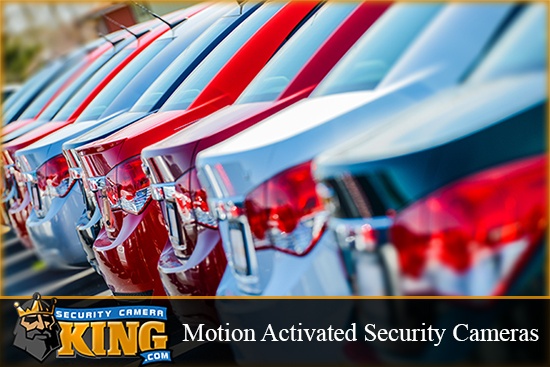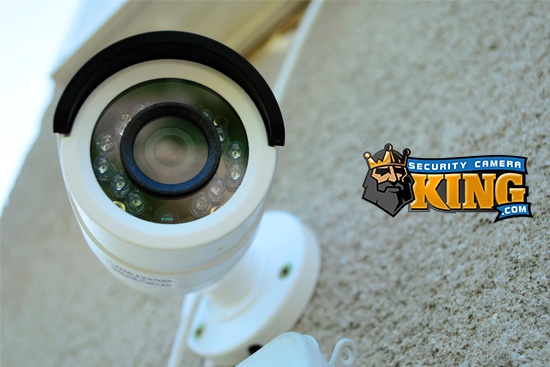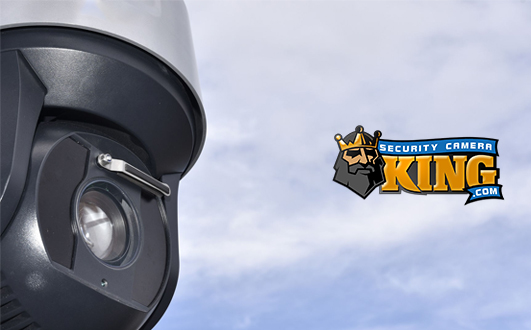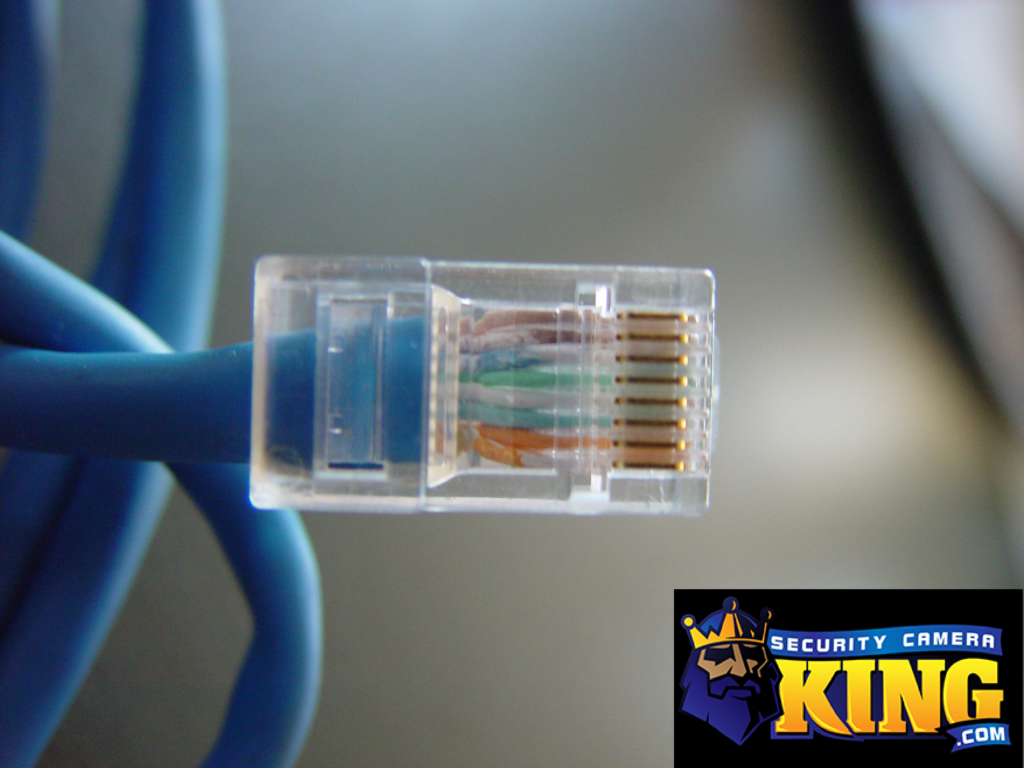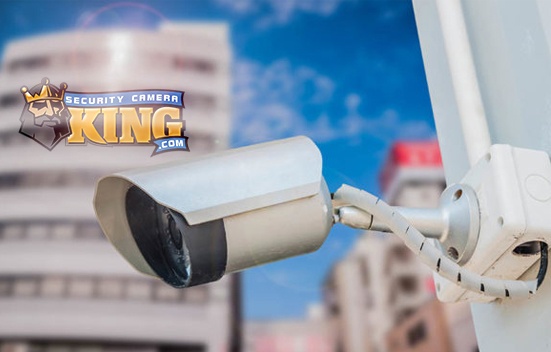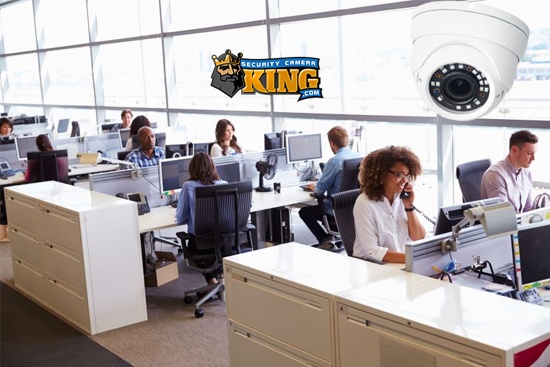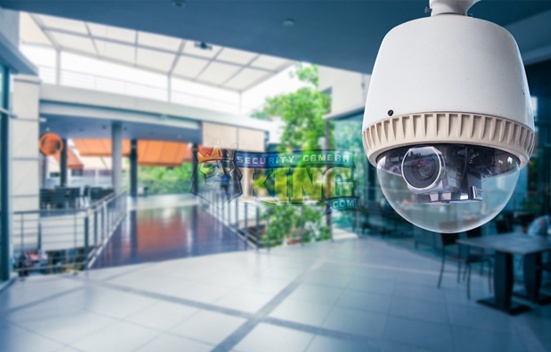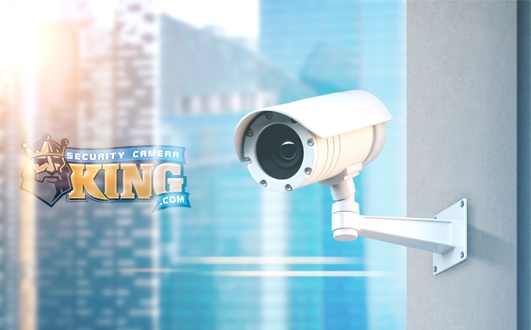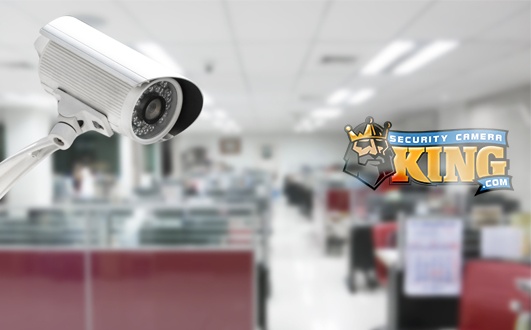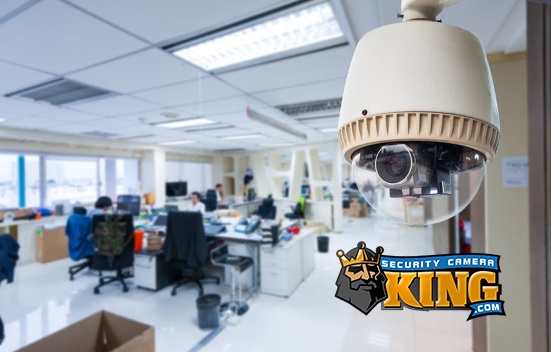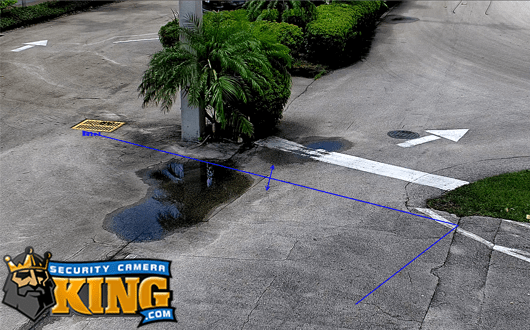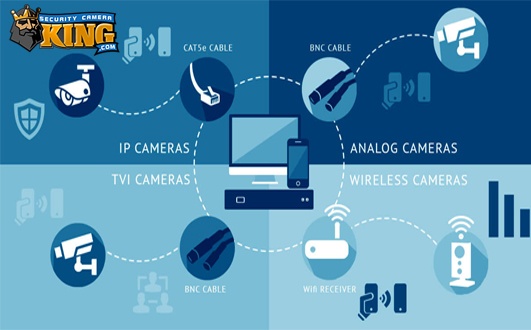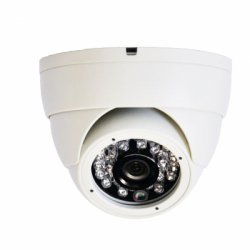 Almost all the security cameras these days are digital security cameras. Compared to their old analog equivalents, they are lighter, more efficient, use less electricity, and just about anyone can install them.
Almost all the security cameras these days are digital security cameras. Compared to their old analog equivalents, they are lighter, more efficient, use less electricity, and just about anyone can install them.
Digital security cameras are a small-package of technological wonders from the lens to the video transmission type it uses. In addition, digital security cameras get to “piggy back” on the personal computer industry; that is many times a device is advanced technologically for a computer; the digital security camera industry can reap the benefit of the advance as well.
In the following article, we’ll give you a brief overview of how a digital security camera actually works. This should give you a better working knowledge so if you are considering a purchase you can make a wise one.
The digital security camera starts with a highly refined lens. The lens has the responsibility of gathering the light reflected off objects in its field of vision and transferring the light images (with great detail), and small enough to be focused on a 1/4 inch square sensor chip. The sensor chip is sensitive to light and emits tiny electrical impulse when exposed to light.
One of two different kinds of sensor chip is used in digital security cameras. The Charged Coupled Device or CCD and the Complementary Metal Oxide Semiconductor or CMOS. Although they go about it in different ways, the both produce the same end result; that is, electrical impulses that can be used to create a digital video image.
The digital security camera is actually nothing more than a very fast photographic camera. It takes pictures at the rate of up to 30 pictures (called “frames) per second or denoted as 30 fps. Playing back these pictures at the same speed they were taken gives the human brain the illusion that they are watching animation. Actually, depending on many factors, rates as low as 15 fps can produce fluid animated video.
After each “picture” is taken that data is hurried along to an Integrated Circuit (IC) chip that is designed to correct for imbalances in many features of electronic video such as brightness, hue, color saturation, etc. These specialized IC chips are called Digital Signal Processors or DSPs. In addition up to this point the signals have actually been analog signals and it is here that they are converted into binary or digital form.
Once the cameras signals have been processed and digitized, they must be sent to the DVR for further action. This is usually done via a video transmission cable, RG59 for example.
The DVR has many responsibilities including receiving the video transmission, saving it on a Hard Disk Drive or other non-volatile storage medium, and broad casting the signal to the Internet (if so desired) or a local monitor for live monitoring.
Don’t underestimate the power of the DVR and digital security cameras. The DVR has a lot of simultaneous work that must be done. Consider this; the digital security camera takes 30 pictures a second. Let’s say for medium to high quality each picture taken ends up being about 1 MB in size. Multiply that megabyte by 30 (the number taken in one second) now multiply that number by 60 (the number of seconds in a minute), and finally by 60, the number of minutes in one hour. That means that an hour of security video imagery would be approximately 108,000 megabytes or 108 gigabytes!
To maintain quality but reduce the size of the video file, the DVR uses a CODEC utility which shrinks the size of the file but maintains as much quality as possible while doing this. All of Security Camera King’s DVRs utilize the latest most efficient CODEC called H.264
So, as you can see there is a lot of work that goes on behind the scenes when using digital security cameras. But even so, the versatility, price, application, functionality, and overall quality of the digital security camera is still much farther ahead that it’s older counterpart, the analog security camera.

